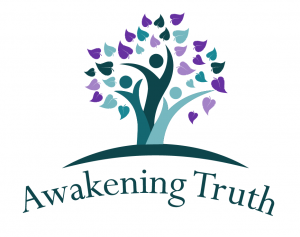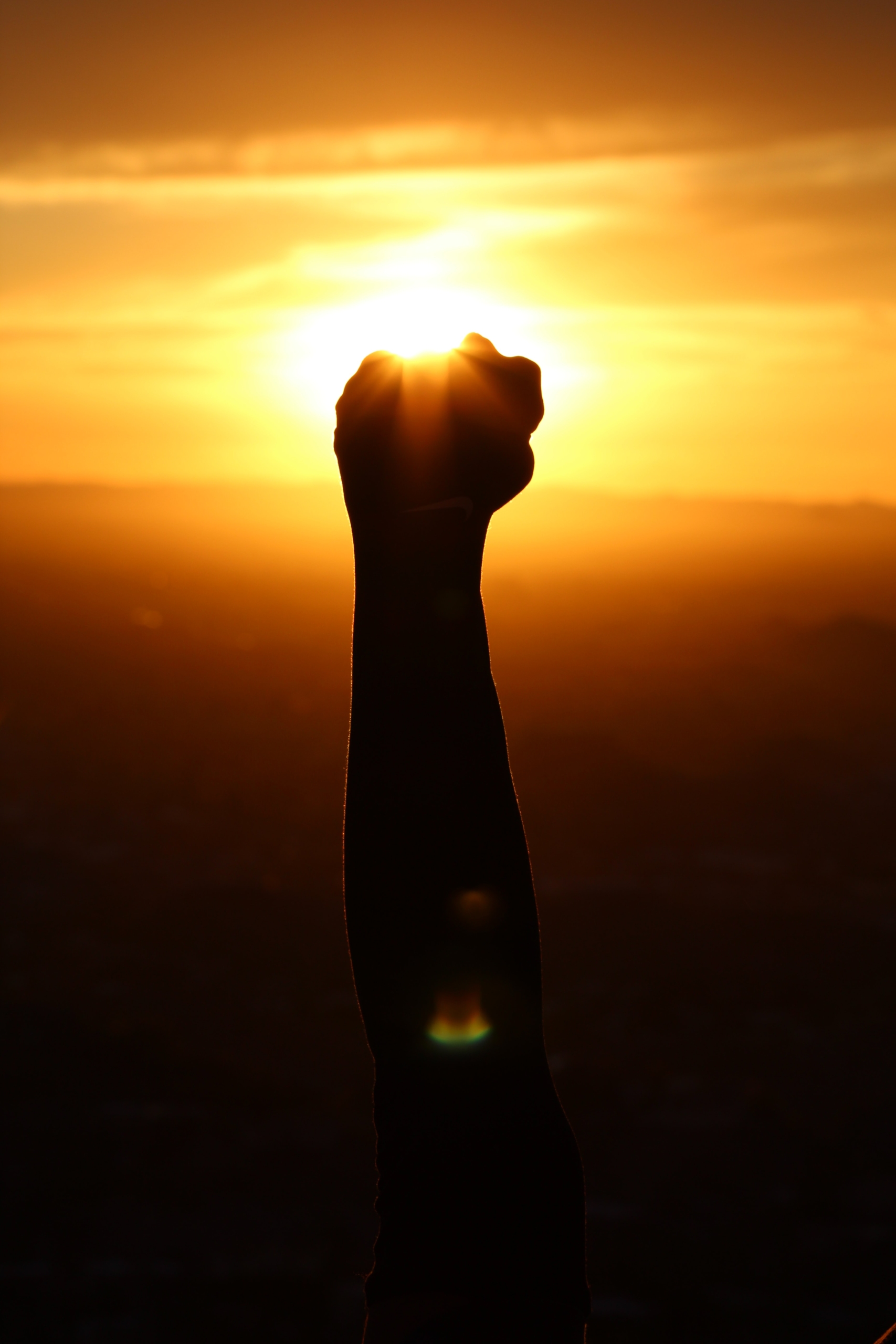Are you ready?

Amma Thanasanti is a mentor for the Mindfulness Meditation Teacher Certificate Program (MMTCP), a two year course that teaches diverse mentees living in 51 countries how to facilitate mindfulness in groups. This slightly edited letter below was to one of the groups after a lengthy email exchange about racism.
I have been having many conversations about racism, systemic oppression and awakening to the implicit biases I sit in as a white person, and how that is on a continuum with explicit biases that I abhor.
I have been talking about what happens when we speak about racism. How awkward these conversations can be both for me as a white individual and as a white facilitator, and for some of my white students. I have been talking about what happens when you don’t address racism. As a leader, if I don’t explicitly name racism when it shows up there are problems. One issue occurs when I give space for an individual to have their own opinions. But when, for example, their opinion denies the reality of racism, and I do not explicitly delineate the difference between the right of an individual to their opinion, and the way their opinion is part of a pattern that supports racism, there is a lot of impact for People of Color. It leaves the people who are usually the ones marginalized, at the brunt of the joke, prejudice, and carrying the load of systemic oppression impacted. They feel numb, like they are crazy, afraid to speak up, or unable to find the tremendous energy to show up when there is so much denial to fight through.
Many of these conversations have been initiated because I have put my foot in my mouth, made mistakes and have been dealing with the mop up after. One thing that I’m learning is that I’m learning. There is no end to learning about racism and the dynamics of privilege individually, culturally and systemically. I have learned, I can’t do this alone. I can’t see my implicit biases all by myself. I need friends, students, colleagues, and mentors who are willing to show me alternatives, not throw me under the bus when I make mistakes, which I do often. I need friends to help me link together the implicit biases I cannot see, the biases that posits my white centric world as reality, and see the connection with the relational and the structural forms of racism that I clearly do not want to support. The work is time consuming, often painful, and yet the rewards are tangible. Slowly, I observe my own increased capacity to move in directions that are less harmful, more harmless, less supportive of collusion and delusion, and more aligned with what I value. Doing this works makes me feel my deep connection with all of life, and gives me the resources to show up when I’m scared. The single biggest help in doing this work is increasing my own window of tolerance. This way, I can deal with increasing levels of discomfort, squirm in my skin a little longer before freezing and becoming unable to respond or feeling like I’m in unsafe territory and need to escape or defend.
The unfortunate and very real truth is that systemic racism is real, pervasive, and deadly. Deadly not only because people are killed just for being Black, Brown and Indigenous, but killed from lack of healthcare, housing, funds or despair from the weight of it all. All of these things are in place because of structural laws and cultural agreements that keep it that way, the traumas that have been passed down from one generation to the next and are lived through in real time, re-enacted in small microaggressions and gross brutality often. This is true where I live in the USA. I know racism was present when the US constitution was written and signed. While I haven’t been to all your countries, I have lived in the UK, Canada, and Spain and have visited Switzerland, France, Italy, India, Thailand, Nepal, Mexico, New Zealand. In each of these countries I have been to, I’ve seen racism enacted in front of me and in the systems embedded in the country.
The question remains, how as facilitators do we discuss racism? It isn’t an easy topic. But wherever we are, whatever we think, whatever opinions we have, whatever the facts are, as facilitators this is our next month’s topic. Get ready to feel uncomfortable; get ready to feel like we are out of our depth, that we are not skilled to do this, or that we are not competent enough.
A start to consider, what are the ways that resistance shows up for you from the racial location you inhabit? Can you differentiate between discomfort and lack of safety? What do you need to do, what are things you can do personally and with friends to increase your window of tolerance so that you feel a little more able to deal with feeling uncomfortable? One thing that I have learned is that if we, in the dominant culture, are not uncomfortable, then the conversation isn’t going very deep. For BIPOC, while the conversation of race and racism may have been present since you were born, as a facilitator, the work is to see and not succumb to the ways racism has been internalized. And while dealing with internalized patriarchy, misogyny and homophobia are not the same as internalized racism, my experience has shown me that recognizing internalized oppression is not easy. It is elusive. It’s like trying to figure out what parts of your nervous system, your moods, feelings, beliefs and thoughts were introjected and absorbed by dominant cultural values designed to harm you. For me, noticing and deconstructing internalized oppression is not over.
What I do know is that the basic premise of meditation is to show up with presence, awareness and a heart of compassion. The fundamental skills for a facilitator is to show up, track what is going on internally, sense what is going on in the group and do the next one thing that is available to further growth, lessen fear and create more awareness. Our aim is to move towards less suffering both individually and collectively. Sometimes we have to deal with our resistance to discussing racism and disorientation when we get into the many facets of the topic. If we use medical treatments as a metaphor, when it works, even if it’s initially uncomfortable or even painful, the results are that eventually there is less pain and disease, greater health. The same holds true with racism. Sometimes it is messy and uncomfortable. Applying the medicine of seeing things clearly, understanding the roots of suffering and bringing forward a heart of compassion to meet the suffering and respond wisely does pay off.
We have been training, accessing tools, reflecting on our goodness, understanding the importance of harmlessness and learning the specifics of how these apply in conversations on racsim. When any of the myriad forms of racism show up in our groups, it is time to put everything we have learned into practice and leverage our role as facilitators to reduce suffering and be a catalyst for peace.
I’m with you in this.
Warmly,
Amma
Awakening Truth Newsletter!



 Amma Thanasanti
Amma Thanasanti





